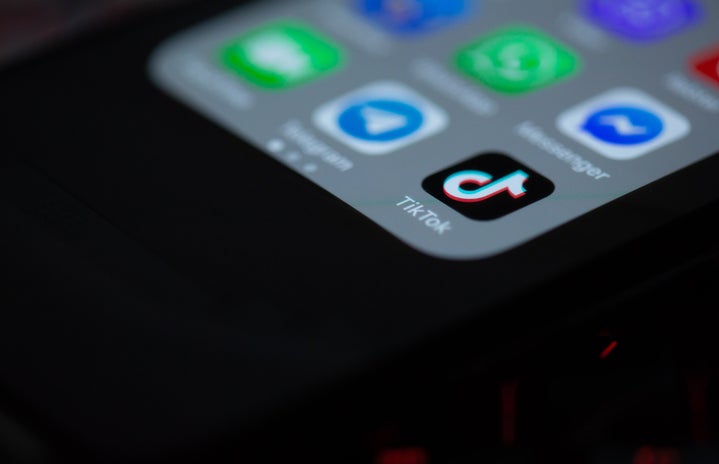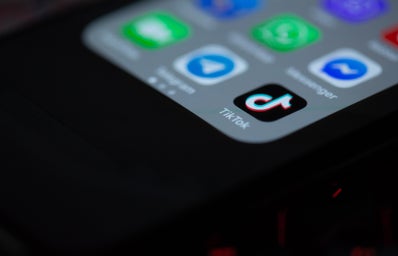There’s no debate on progress and technology making all of our lives easier. We can order a new top online, check to see if our friends are on their way and swipe right on a potential date, all in less than five minutes. This ease and convenience are unmatched by anything in history, and our world is evolving faster than ever before because of it. What exactly does all this ease and convenience mean to us personally? It translates to a fast-paced world based on instant gratification because the world is at our fingertips. The tradeoff? Our brains are changing, and maybe not for the best.
The psychology of instant gratification
I can throw around the term instant gratification all day long, but to truly understand how this instantaneous pleasure is taking over our lives, we have to comprehend the psychology behind the term. In the past 20 years, social media, online shopping, fast food, text and email as well as dating have become commodities of convenience. There is no need to wait for food, clothes, communications or even dates anymore. We can have anything we want at the push of a button. The downside is, internally our brains are being rewired every time we reinforce those instant gratification pathways.
For example, you post a photo on Instagram and the likes start rolling in. Your brain gets a dopamine rush from seeing the praise and support in the form of likes and comments on your post. Soon enough, just looking at your phone or seeing the Instagram app icon gives you a dopamine rush, leading to increased phone usage and social media time.
This addiction to short-term pleasure dates back to caveman times and evolution. Our brains have a physiological need to experience short-term pleasure; therefore, we have evolved to prioritize short-term pleasure over long-term goals. While this was useful for staying alive when saber-toothed tigers were running around, in the modern world, this evolutionary tendency has started to do more harm than good.
Well, how bad is it?
What’s wrong with enjoying short-term pleasure? Nothing really, until all you can think about is achieving short-term pleasure, to the point where patience is lost, and impulsive behavior takes over. Picking up your phone for no reason is an example of your brain trying to attain that dopamine rush. This leads to anxiety and stress when that rush cannot be achieved as easily anymore. By giving in to instant gratification, we become distracted from our long-term, more meaningful goals. Instead of saving money to go on vacation or putting it in a retirement fund, we can achieve short-term happiness by buying anything online with ease. Instead of spending time with family or friends, or trying to learn a new skill, we can scroll through Instagram and TikTok for hours on end. There are endless ways to be distracted from long-term success and happiness. Therefore, creating a destructive cycle that can feel at times impossible to break.
Breaking the cycle
Bringing the focus back on long-term happiness and success is challenging. Our brains have become so used to always focusing on attaining short-term pleasure. Instead of creating unrealistic goals to try and reel yourself back in, make small, positive changes every day.
Be aware of urges to check your phone or eat when you are not hungry. When you feel a need to check your phone, wait one minute and then allow yourself to check it. Keep increasing the wait time every day until the need to check your notifications or an app subsides. Habits that aid in rewiring our brain away from instant gratification is a great way to keep track of your progress and develop new skills at the same time.
Additionally, meditation has been shown to ease anxiety and helps with mindfulness. Being mindful is the key to overcoming those short-term pleasure urges. Many apps teach mindfulness, such as Headspace and Calm. Try eating one meal a day mindfully, without looking at your phone, reading the news or listening to music.
Success and happiness do not happen overnight, as much as our brain might think. Be gentle with yourself and realize that there is no such thing as perfection when learning something new. Remember to be aware when you feel yourself becoming overwhelmed by all the opportunities for instant gratification in life. Take it slow and aim for those long-lasting rewards.


